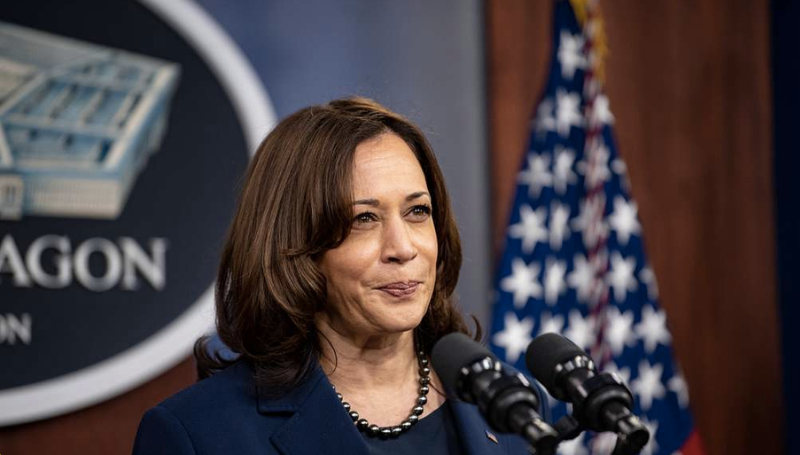Abigail Pogrebin
Tablet, Oct. 28, 2024
“While I would say I’m enthusiastic, there is a caveat, and it does have to do with a post-10/7 world where Israel is an important issue to me in a way it simply wasn’t beforehand.”
According to polls, Kamala Harris is set to receive the lion’s share of the Jewish vote in November’s presidential election, by more than a 2-to-1 margin (just as Democrats have done for decades). But those same polls also predict that her Jewish support will be lower than any other Democratic candidate for the White House since 1988.
Curiosity about both candidates, and how each is about to fare with Jewish voters, led us to this Minyan, part of our series of roundtable discussions with American Jews. We wanted to I talk to Jews who are planning to vote for Harris in 2024 and ask them what they like (and don’t like) about her—as a politician and as a person. We also wanted to hear what her supporters think about her Republican opponent, and how they believe each would handle the highest office in the land at a time when we are facing war in the Middle East and rising antisemitism at home, in addition to a host of domestic issues from immigration and abortion to crime and the economy. (We also put together a parallel Minyan discussion with Jews who are planning to vote for Donald Trump; you can find that discussion here.)
We put out a call for participants on social media during the week of Sept. 4; we heard from 119 Harris supporters, and selected 11 from across the country who seemed representative of that group. Of the 119 respondents, 77% were registered Democrats, for instance, and almost all of those who voted in 2016 or 2020 had voted for the Democratic candidate: 94% for Hillary Clinton in 2016, and 98% for Joe Biden in 2020. Regardless of official party affiliation, this group had a more consistently partisan voting record than the group of Trump voters we assembled, so this is reflected in the people we selected to take part in our Oct. 15 discussion. Most, but not all, participants were married; their self-described level of religious observance ranged from “just Jewish” or atheist to “traditional Orthodox,” and everything in between.… [To read the full article, click here]


